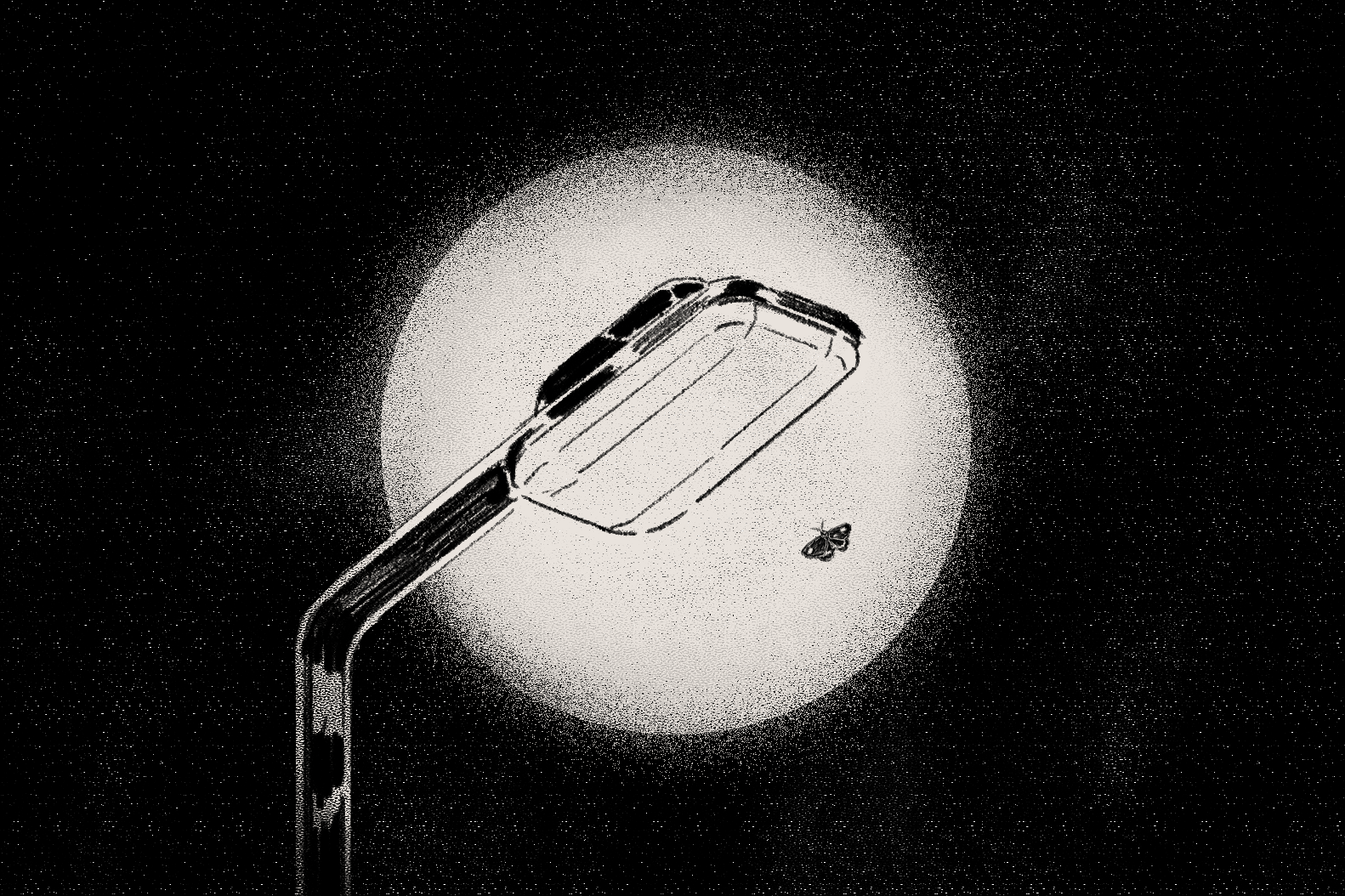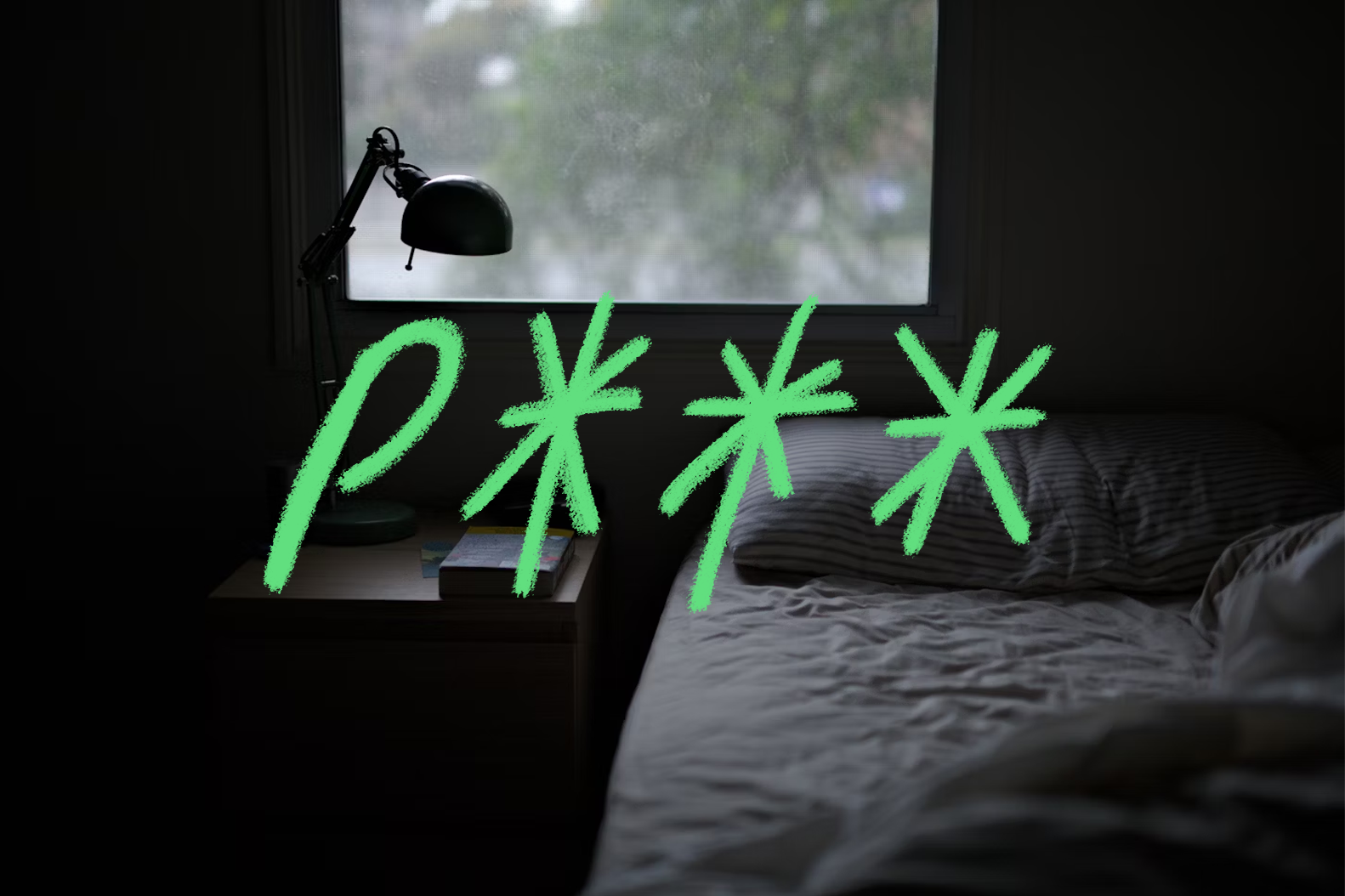I remember the first time I knew deep in my gut that I had depression.
I was like any 20-year-old – my days consisted of going for classes in university, serving in church, trying new recipes and hanging out with my friends. For the most part, it looked like I had my life together.
But there were days I couldn’t muster the strength to get out of bed, let alone shower or have a proper meal. I missed most of my assignment deadlines and classes. I either slept a lot or not at all. This went on for weeks at a time, and I dismissed it as stress. Procrastination. Anything but a mental health condition.
My friends knew I was struggling. Being an avid texter, they found it odd that I could stop replying their messages for days at a time. When they came by to check on me, I would refuse to let them into my apartment because it was almost always in a state of squalor.
But after years of observing my inconsistent behaviour, one of them called me out for a meal. She chose a pho restaurant because she knew it was my favourite. And over large, steaming bowls of noodles she looked me in the eye and said, “I think you have depression.”
I wanted to push that label away. Good, faithful, Christian girls do not get depressed, I told myself. You come from a good family, you have the unique opportunity to be studying overseas, you are not supposed to have anything wrong with you.
But tears welled up in my eyes and something broke within me, and I knew I needed help.
OWNING UP TO MY DEPRESSION
That was about 10 years ago now. 10 years of depressive episodes and panic attacks. 10 years of figuring out how this fits in with my faith. 10 years of on-and-off counselling sessions. 10 years of battling suicidal thoughts and feeling like I have to constantly start from square one.
The thing about depression is that you feel horribly empty and alone, which is entirely at odds with the Christian faith. Well-meaning leaders would ask: Have you prayed and fasted? Do you fill your house with worship music? Have you tried praying in tongues?
And my answer would be the same. Yes, I have prayed during sleepless nights while crying into my pillow. Yes, I only listen to Christian music because it’s one of the few things that makes me feel better. And yes, I have walked up and down my tiny apartment muttering in tongues, in the hope that the darkness will lift.
My leaders, who themselves were in their early twenties, were likely ill-equipped to help me deal with depression. They gave well-meaning suggestions that were not very helpful, and their picture of a God who needed me to try harder – even when it felt like I was already doing my best – was entirely at odds with who I believe Jesus to be.
“Do you think anyone is going to be able to drive a wedge between us and Christ’s love for us? There is no way! Not trouble, not hard times, not hatred, not hunger, not homelessness, not bullying threats, not backstabbing, not even the worst sins listed in Scripture …
“None of this fazes us because Jesus loves us. I’m absolutely convinced that nothing – nothing living or dead, angelic or demonic, today or tomorrow, high or low, thinkable or unthinkable – absolutely nothing can get between us and God’s love because of the way that Jesus our Master has embraced us.” (Romans 8:38-39, The Message)
The other thing about depression is the temptation to keep it in the dark. How do you tell others that life for you happens under an almost-constant dark cloud?
How can you explain that even though you’ve made plans, there are days even getting out of bed is a miracle? That being able to breathe is both a blessing and a curse because there is an inexplicable tightness around your chest?
How do you even begin to describe how much you desperately want to get out of the darkness but it feels like there’s a transparent lid preventing you from doing so?
A lot of the time, living with a mental illness is incredibly isolating. It feels like nobody will fully understand the pain and confusion that hits you in a millisecond, and explaining it for the nth time is not just painful but also counterproductive.
But I have learnt that God doesn’t just speak through His living word but also His people. They may not provide the best advice, but they can give hugs. Or send food. Or just hold space for you without trying to fix your pain. And when we all stand together facing the same Enemy, suddenly our battles feel a little bit easier.
HOPE BEGINS WITH A SINGLE STEP
If you have never said out loud that you think you may have depression, may I encourage you to do so? Find a trusted friend or mentor. Or write a letter and mail it to someone you think would understand. And if you don’t have anyone in mind, I’d invite you to write to me.
Saying it out loud may make it real, and that’s scary. But it’s also the first step of bringing it into the light. The enemy’s plan is always to isolate you and make you feel like nobody – not even Jesus – understands. But if there is anyone who understands the pain of being betrayed, abandoned and not cared for, it is the Saviour who died for us on the cross and rose again three days later.
The resurrection of Jesus Christ gives me a lot of hope because it is proof that dead things can come back to life. And in times when I felt I was better off dead, when my dreams had withered, when my heart felt like it was never going to breathe again, I held onto the promise that the resurrection is real.
Truth is, I still live with many fears. What if my children end up living with depression and anxiety too? Would it be my fault? Will I ever be free from my mental illness?
But there is also a greater, eternal truth that I forget a lot of the time. The God who created the heavens and the earth created me. He knows my intricate makeup (Psalm 139:13-14), knows that the pain I see and feel means I’m able to see the world differently.
His promise to me is freedom in spite of the labels I choose to give myself and that I am worthy of love in spite of all of my perceived shortcomings.
It is not something I can find in my job, achievements, or marital status. I am still learning how much He loves me.
Will you join me in learning, too?
The writer’s name has been changed for confidentiality. You can drop her an email if you’d like to speak with her.
If you would like a platform to talk about your struggles, we’d like to be there for you. Please drop us an email at hello@thir.st. A 24-hour hotline by the Samaritans of Singapore (SOS) is also available for anyone in need of confidential support at 1800 221 4444.
- What are your views on depression and Christianity? Why do you think that way?
- Do you personally struggle with mental health, or know someone who does?
- How have you handled poor mental health? Have you gotten help?
- If you’ve never spoken about your hidden struggles, commit to telling a trusted friend or church leader.









